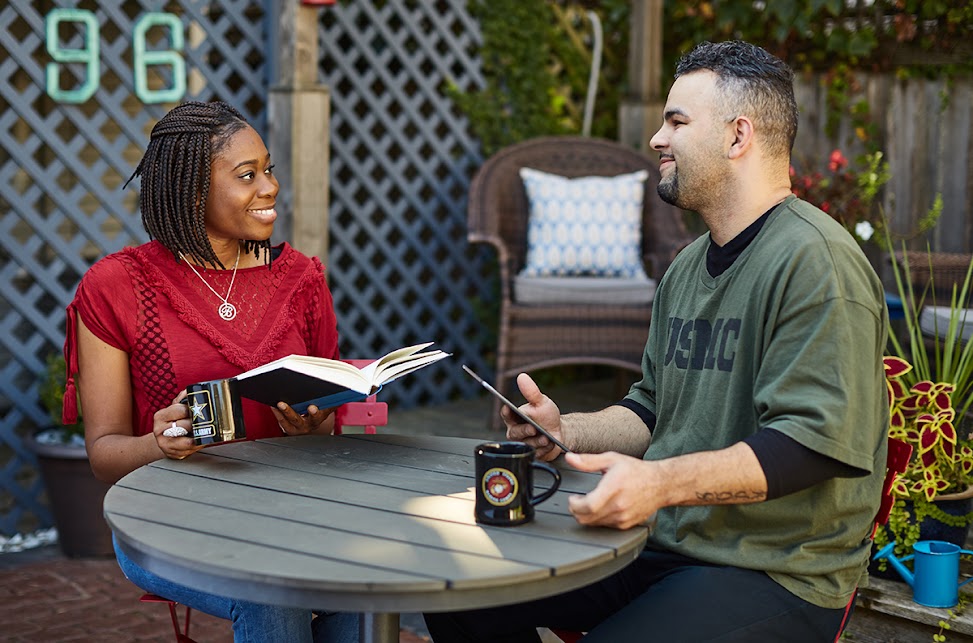Engaged Grantmaking: Collaborating with Communities
More funders are finding ways to promote the voice and leadership of the communities they partner with and serve by engaging them in the grantmaking process. This process, often referred to as participatory grantmaking, helps shifts the traditional power imbalances that exist in philanthropy by engaging the grantees who are affected by the issues that funding is addressing in the decision-making process for grants. For some foundations, this means including grantees in the process for setting priorities, developing strategies, conducting research, and sitting on boards or advisory councils. While others are using various elements of participatory grantmaking approach based on what their institutions, polices, and structures will allow. At the core of this practice is understanding that those closest to the issue, including those with lived experience, have the knowledge the solve the challenges.
In the last year, the McCormick Foundation’s Communities Program embarked on its own journey of participatory grantmaking through its place-based work in Englewood – a predominately Black neighborhood on Chicago’s south side. The Program supports the activities of the Englewood Quality of Life Plan (QLP), which is the result of a community-driven process that engaged hundreds of residents, community leaders, and stakeholders. Five task forces representing priority issue areas (education and youth development, health and wellness, housing, jobs and economic development, and safety) were formed to develop goals and strategies to help revitalize the community. Teamwork Englewood (TWE) a community-based social service agency, serves as the coordinating organization for the QLP and provides oversight and project management for the work implemented by the task forces.During fall 2017, the Communities Program established Impact Englewood, a McCormick Foundation Fund, in partnership with TWE and leaders of the QLP to provide a vehicle for including community input for grant strategies supporting the QLP. Englewood leaders and residents worked with the Communities Program’s Development staff to raise donations which were matched by McCormick and each task force submitted grant applications for projects and initiatives advancing strategies of the QLP.
Communities Program’s grantmaking staff co-created an LOI and grant application with feedback from TWE and QLP leaders and provided training and technical assistance through weekly “office hours” for task force groups with less experience creating and submitting grant proposals. An advisory committee comprised of QLP leaders, Teamwork Englewood, and Communities Program staff went through a process of reviewing grant proposals and recommended six grants totaling $140,000 which will provide initial funding for QLP projects.
The Communities Program is still on a journey of learning how to partner more effectively with communities and understanding how to use participatory grantmaking as a tool for promoting community voice, elevating power, capacity and leadership towards problem-solving, improving community-level outcomes, and closing racial gaps. In our first year of exploring participatory grantmaking, we saw that building trust and being transparent with community are cornerstones for this work. We learned that sharing and managing expectations – both from the community and the Foundation – is critical for moving the work forward and being flexible and willing to think outside of the box helped us collaborate better. We also learned that participatory grantmaking requires a great deal of time and resources, and as we continue this journey we will think about ways to build a sustainable infrastructure for participatory grantmaking with the community and implement lessons learned from our first year for continued and long-term success.






Comments
Post a Comment